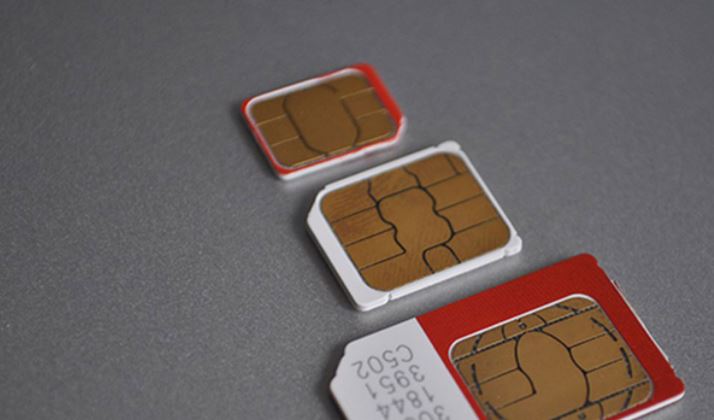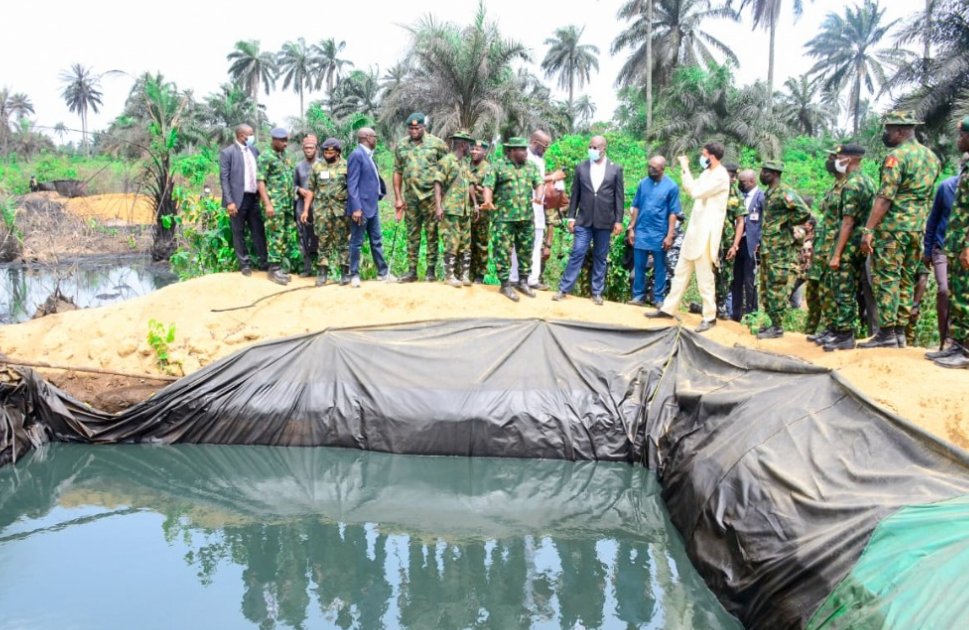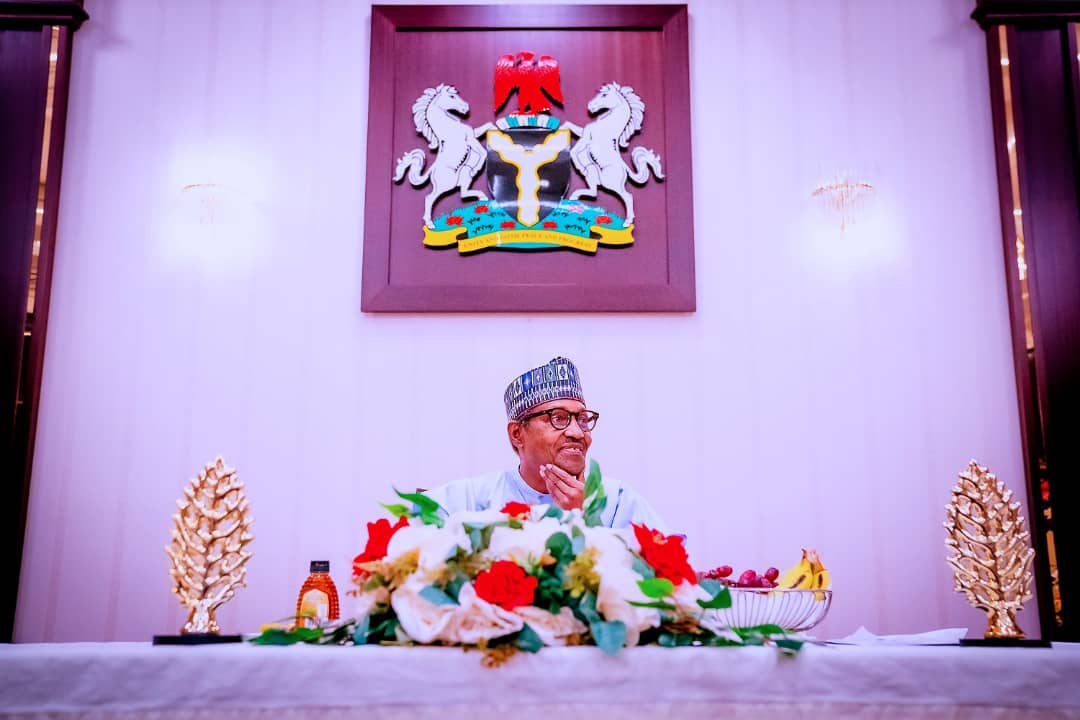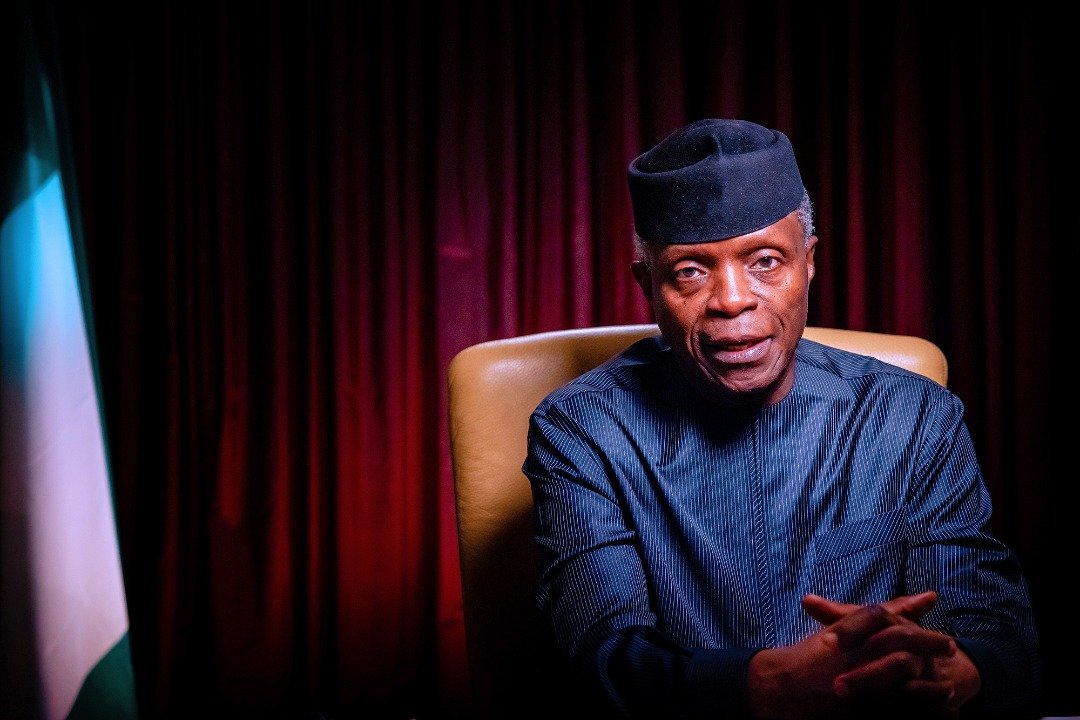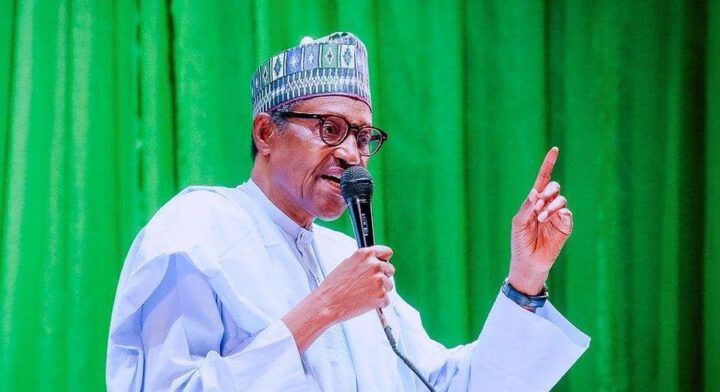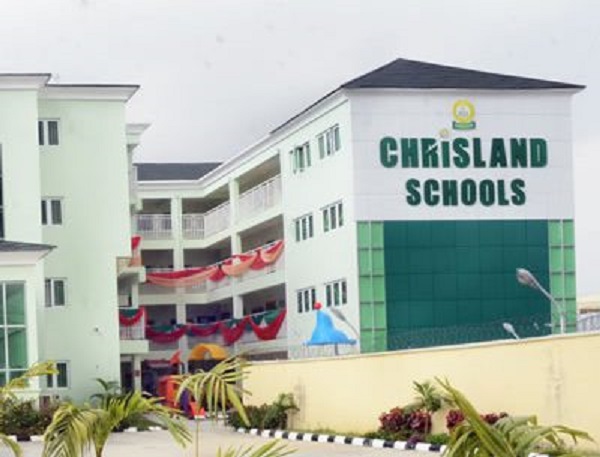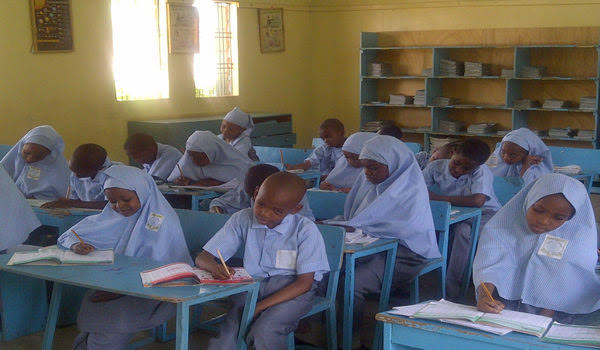Two significant projects of the Nigerian government hang on a cliff at the moment. The NIN/SIM registration which was supposed to be a 15-day quick walk in December 2020 has spiralled into the second year and current measures being taken to bring the process to conclusion are only indicative of desperation on the part of the government.
Also the Digital Switchover (DSO) process which was intended to migrate Analogue television transmission to Digital platform as a major decision of the International Telecommunications Union (ITU),to free up some broadcast frequencies for telecommunications services, seems jinxed, and current actions in the broadcast industry may not be fully redeeming for the process.
But it was some happenings in the broadcast sector that set my mind on a whirl over the weekend. As I write this material, some stations have received letters from the National Broadcasting Commission (NBC), requesting them to vacate their frequencies and migrate to the digital platforms of the signal carriers, ITS and Pinnacle. Some 119 countries in Europe, Africa, Middle East and Central Asia, under the ITU, announced the process in 2006 and a closure was expected in 2015; and then 2020. Nigeria missed both windows and there is yet no window of comfort for the entire process.
My primary concern was that the Nigerian government should not trigger confusion in two strategic industries at the same time as the effects could be lasting and very debilitating to the socio-political process. Recently, the Government, through the Minister of Communications and Digital Economy, Dr Isa Pantami, directed telecommunications service providers to unplug all the phone lines that have not been synced with their NINs from their networks. Over 80m lines out of the nearly 198m lines in Nigeria by the end of February this year, according to the Nigerian Communications Commission (NCC), have been affected. There is an underlying confusion in the industry whose understanding eludes everybody, or nobody simply wants to talk about it because of it’s very sensitive nature. More confusion could arise were the government, through the NBC, pressure broadcasters to vacate their frequencies and move over to digital platforms that are really not ready in every sense of the word.
Advertisement
This writer was reliably informed that the position of the NBC may not enjoy any support from the broadcasters, under the Broadcasting Organisation of Nigeria (BON) who vehemently maintains the position that nothing much has happened in the DSO process to warrant such directive. Although the NBC has launched the programme in a few states of the federation, the broadcasters contend none of the states enjoy up to 85 per cent signal coverage, thus making analogue switch off illusory.
However, the NBC maintains the position that a switch off in some of these states will bring commercial activities to the process as TV homes would now be forced to buy Set Top boxes from the manufacturers in order to continue to receive signals. The small Set Top box will help convert analogue signals to digital. While this position remains valid, the regulator has been encouraged to first redeem the entire process through noticeable strategic decisions and actions before pressing for commerce. Friends of the industry are pushing for a common understanding between the regulator and operators in order to provide good services to TV users.
Happenings in the telecommunications industry are more troubling, very troubling. The withdrawal of over 80m lines from operators’ platforms have not only disoriented phone users from their routine life of communications but the action may also have put financial projections by the providers in jeopardy. But since registration has been ongoing for over a year and there are security dimensions to the entire process, the right to complain has nearly been abridged, as nobody wants to be accused of been complicit in the security miasma spreading through the land. Moreover, nobody wants to smell the scent of money or even think of revenue projections when lives are being epidemically terminated.
Advertisement
But there is a truth that nearly everybody involved in the process is anxious to sweep under the carpet for a hiding or wish would never come to light forever. That truth comes with troubling implications for personal identity safety or for National security in the long run. The disconnection of nearly a third of the lines on the networks is not the fault of the operators but that of the National Identity Management Commission (NIMC) which lacks the capacity to undertake the exercise on a massive scale. Discussions at their various meetings, this writer finds out, clearly point to the intrusion of that painful deficit. For instance, NIMC is charged with the final verification of every subscriber, but it could take the organisation three weeks to get back to the operators on a single verification. For this reason, the process of getting the 80m lines back on the networks is progressing at snail speed.
This writer gathered that the NIMC platform is so small that it can hardly accommodate activities from the operators. The result is that the platform regularly breaks down. The other is that it has proven herculian for NIMC to format and integrate about 90,000 devices, including fingerprint scanners, which the operators bought to support the registration exercise across the nation. At the moment only about 10 per cent has been configured on the NIMC network.
The frustration in the registration process is so overwhelming that the Minister and NIMC have decided to engage a third party to provide Tokenisation as a stop gap for individuals who are in the registration process. The Token will last for about three days. The individuals will have to pay a flat sum of N250 for the Token. Don’t ask me about the owner of the money being collected. This is what unnerves me. The organisation providing the Token will have to mirror the NIMC NETWORK. The troubling implication is that individual identities that should be in the safekeep of NIMC have been put in the hands of an individual or organisation who could be complicit in the security challenges facing the country.
Yes, the nation is in search of solutions but doing so in the deep or in the dark, dark world.
Advertisement
Looking at the two exercises, an industry expert provided a damning summary. “Some individuals have put a chain of commercial interests in projects that are supposed to be populist. They are already calculating profits from ill-conceived ideas,” the source lamented.
The source challenged me to figure something out. NIMC doesn’t have capacity, yet it wants to offer paid training to the network operators and wants the operators to pay for the software in their devices; they even want to collect money for Tokens, while the DSO managers have all kinds of costs built into the value chain. Why does money occupy such a central place in the two projects?
I did not have an answer but here is my considered response on a second thought. The two projects are so vital to the nation that the promoters don’t need to erect pecuniary roadblocks on the implementation route. All eyes should be on the implementation outcomes and how they benefit the people.
Advertisement
Views expressed by contributors are strictly personal and not of TheCable.

